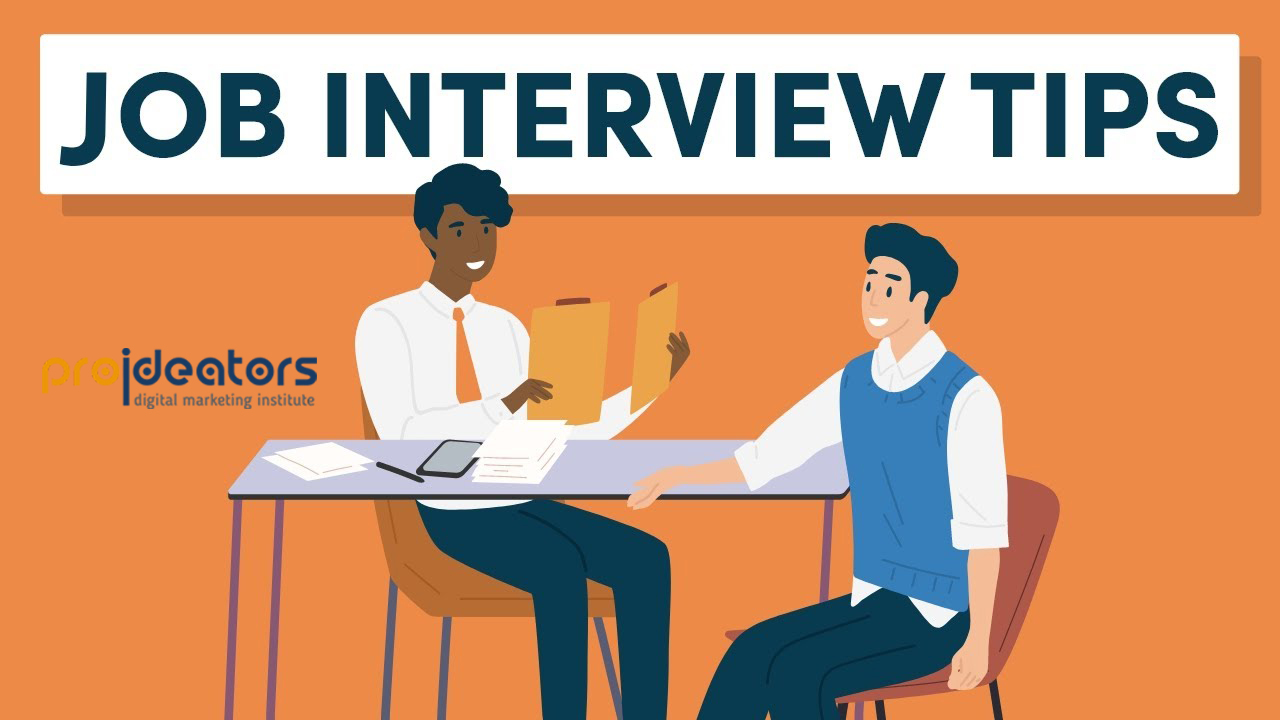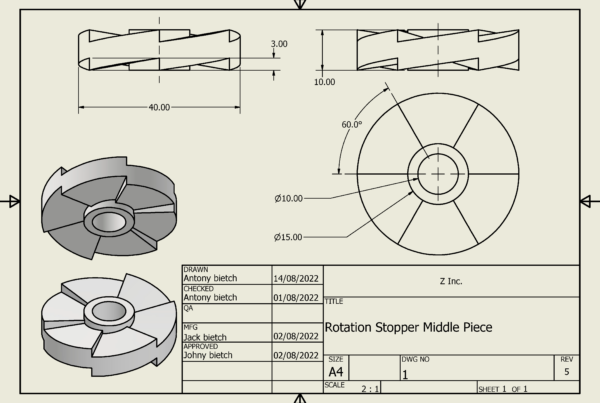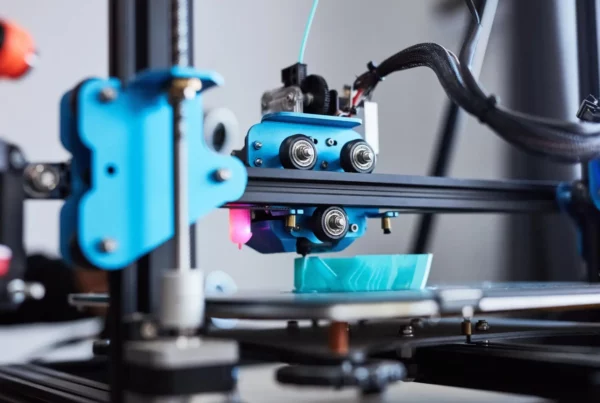- Tell us about yourself/Introduce yourself
Do not state personal details or your name. The interviewer wants to know things about you which are not stated in your resume, such as what excited you about the degree you pursued or your passions RELATING to the company or job profile.
You can add your STRENGTHS which also relate to the job profile such as:
Organisation skills, Time management skills, Problem solving skills, People skills, Decision making skills, Leadership skills, Communication skills, Listening skills, Persuasive skills
Ability to remain calm under pressure, Adaptable, Flexible, Comfortable with ambiguity, Ability to deal with challenges
Curious, Fast learner, Committed, Initiative taker, Progressive mindset, Self-motivated, Proactive, Assertive, Do not require micromanaging, Look for opportunities for growth/innovation
Clear and rational thinker, Meticulous, Detail-oriented, Can think out-of-the-box, Disciplined, Versatile, Great work ethic
Good with numbers/Content creation/Digital marketing/any other skill
- What are your strengths and weaknesses?
For strengths, refer to above answer.
The first step to acing the tricky interview question about Weaknesses is understanding why interviewers ask it in the first place.
There are 5 reasons for this:
- To assess your self-awareness.Being able to identify your strengths and weaknesses is a sign of self-awareness, which is a valuable trait in the workplace. Self-aware employees can make the most of their strengths and work to improve on their weaknesses.
- To see whether you can improve.Everyone has weaknesses, but not everyone works on them. As such, when asking this question, the interviewer wants to see whether you are the type of person who actively works on improving your skills and yourself.
- To learn about your work style.The way you answer this question can reveal a lot about your personality and work style (e.g. how you cope with stress, whether you’re a team player, etc.).
- To evaluate if you’re the right fit for the job.At the end of the day, the interviewer wants to know whether you have the necessary skills and work experience to succeed in the role. In this regard, your strengths can be what proves you’re a right fit whereas your weaknesses can show what areas you need to work on.
- To see how you handle a tough question. Talking about your weaknesses can be stressful, and interviewers may use this to see how you handle the pressure.
EXAMPLES
Self-criticism
“One of my weaknesses is that I tend to be overly critical of myself. After completing a project, even if it’s received positive feedback, I often feel like I could have done more. This can lead to overworking and burnout. To address this, I’ve learned to take time to objectively evaluate my achievements and celebrate my wins. This has not only improved my work and confidence but has also helped me appreciate the support of my team and other systems behind me. I still strive for excellence but have learned to balance it with self-care and a healthy perspective on my accomplishments.”
Introversion
“I used to struggle with sharing my ideas in group settings and speaking up during team meetings due to my introverted nature. However, I have since recognized the importance of participating and have been actively working to improve in this area. After my team underperformed on two consecutive projects, I realized that I needed to make changes to contribute more effectively. To overcome my introversion, I enrolled in local improv classes and started pushing myself to speak up more during team meetings. Although it’s still a work in progress, I have made significant improvements over the past year and am continuing to work on my communication skills to be a more effective team member.”
Avoiding confrontation
“I tend to avoid confrontations, both in my personal and professional life. While I believe it’s important to maintain a harmonious work environment, I understand that conflicts can arise and need to be addressed promptly. I am taking steps to improve in this area by developing my conflict resolution skills. For example, I have been attending workshops and reading books on conflict management. I am also practicing having difficult conversations with colleagues and friends to get more comfortable with the whole process.”
Insecurity
“My greatest weakness is my tendency to second-guess myself and my abilities. For instance, I sometimes doubt my work and worry that it may not be up to the required standards, even when it is. However, I am taking steps to overcome this weakness. I have been working on building my confidence by reminding myself of my past accomplishments. I also actively seek feedback from others, including coworkers and managers, to help validate my work. I understand that this is a common issue, and I am willing to put in the work to overcome my insecurities.”
Presentation Skills
“My greatest weakness is my presentation skills. While I am comfortable communicating one-on-one or in small groups, I tend to get nervous when giving presentations to larger groups. However, I am taking steps to overcome this weakness. For instance, I have been practicing and watching online tutorials on how to improve my presentation skills. Additionally, I have been seeking opportunities to present in front of others, both in and out of work, to gain more experience and confidence. For example, I recently gave a presentation at a local meetup group which allowed me to practice my skills in a more relaxed environment.”




